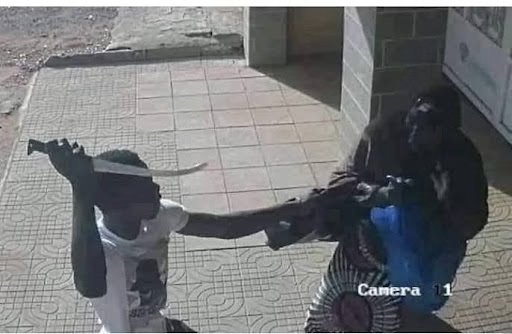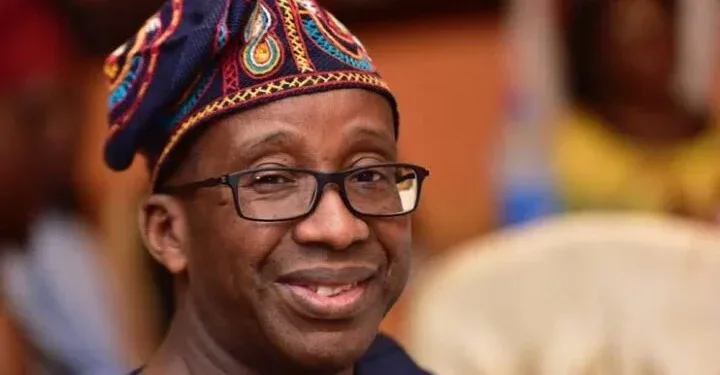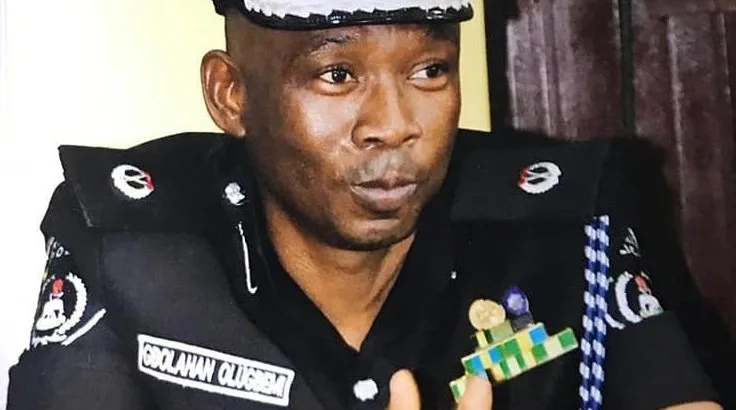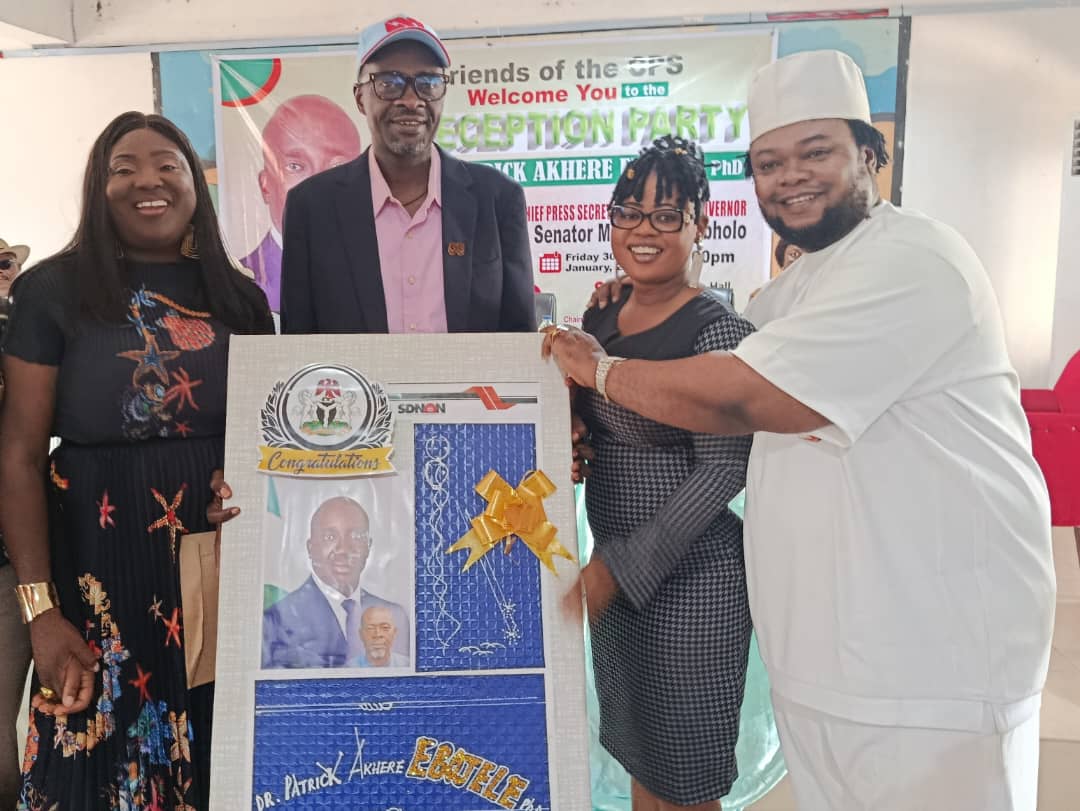Kano’s phone snatching crisis worsens as drug-fuelled gangs attack residents. Survivors recount trauma while authorities pledge crackdown and rehabilitation.
Kano, Nigeria – Once-vibrant neighbourhoods in Kano now tremble under the weight of rising urban violence. A dangerous surge in phone snatching incidents — often involving knife-wielding youths high on drugs — has turned the city’s streets into hunting grounds after dark.
Also read: Cycling Kano 2025 to drive healthy living, tourism this December
From Hotoro to Unguwa-Uku, residents recount traumatic encounters with marauding gangs who ambush pedestrians and commuters, robbing them of phones, cash, and dignity.
One such survivor, Inuwa Adamu, a 36-year-old mechanic, said he was attacked by a gang of about 25 men around Mariri quarters.
“They rushed out from corners with knives and cutlasses. One stabbed me in the head. I collapsed and thought I would die,” he recalled.
The attackers made away with his motorcycle, phone, and wallet. Similar violence was reported by Muhammad Musa, a 29-year-old trader, who was stabbed and dumped from a moving tricycle after being lured under false pretences.

“They asked for directions. When I entered the tricycle, they stabbed me and took everything.”
Community leaders have voiced deep concern about the breakdown in family structures and moral discipline.
“Parents have lost control of their children,” said Alhaji Ibrahim Sale, a respected elder from Unguwa-Uku. “These boys are on drugs and no longer fear God or the law.”
He warned that fear now rules the streets, with many avoiding phone use in public or sending children out at night.
In response to criticism, the Kano State Government claims it is addressing the crisis from multiple angles — through law enforcement, social intervention, and rehabilitation.
Commissioner for Information and Internal Affairs, Comrade Ibrahim Abdullahi Waiya, said:
“We established a Joint Task Force with security agencies and mobile courts for quick prosecution. But we’re also tackling the roots: drug abuse, youth restiveness, and joblessness.”
He revealed that over 700 youths are currently undergoing rehabilitation and vocational training under Operation Safe Corridor at the Kiru Reformatory Centre, with support packages provided upon graduation.
Public health experts say the phone snatching crisis is inseparable from Kano’s worsening drug problem.
“Most attackers are high on tramadol, codeine, or crystal meth. Arrest alone won’t work — we need proper treatment and reintegration.”
He called for expanded rehab infrastructure, noting that existing facilities are insufficient to meet the growing need.
Kano State Police spokesperson, SP Abdullahi Haruna Kiyawa, said progress has been made in curbing the menace.
“We’ve arrested many suspects and recovered weapons. Public cooperation has improved, and that’s helping us.”
He confirmed most culprits act under the influence of drugs, and assured residents of continued collaboration with the NDLEA and traditional rulers.
Kano’s phone snatching crisis highlights a broader social emergency — one born of addiction, economic despair, and neglected youth.
While victims like Adamu and Musa now live with physical and psychological scars, residents across the city cling to hope.
Also read: 68 inmates pass NECO exam in Kano correctional centre
A hope that through vigilance, intervention, and real reform, Kano can reclaim its streets and save a generation teetering on the edge.
Source: Read more at gazettengr.com





























